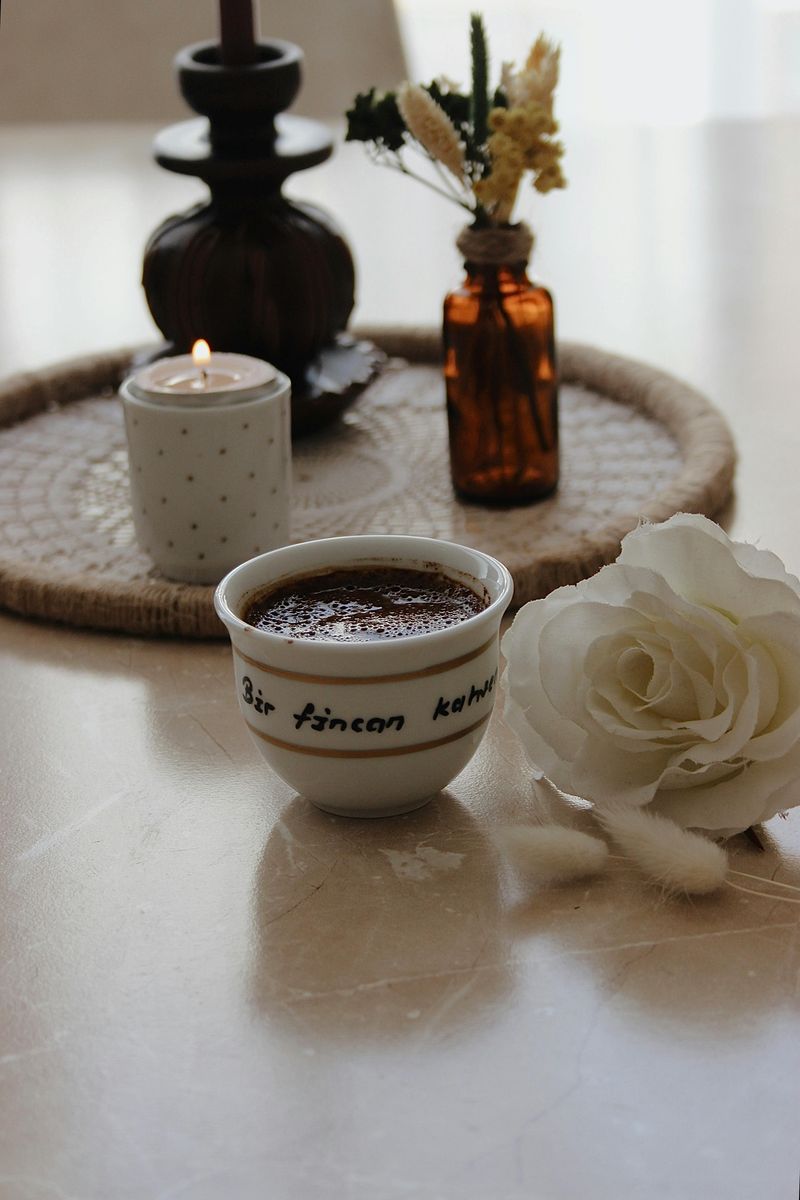9 Stress-Relieving Strategies That Work Better Than Your Usual Routine

Life gets overwhelming sometimes, leaving us stressed and searching for relief. While you might already have go-to methods for calming down, they might not always do the trick. Everyone’s stress response is different, and finding fresh approaches can make a huge difference in how you feel day to day. These 9 stress-busting strategies offer new ways to tackle tension when your usual methods fall short.
1. Artistic Expression

Colors and shapes have a way of speaking when words fail us. Grabbing a paintbrush, pencil, or lump of clay creates a direct channel between your feelings and something tangible. No artistic skill required!
The simple act of moving your hands while creating something new shifts your brain away from stress circuits. Your body relaxes as you focus on the present moment rather than worries.
Many people find that artistic expression helps them process difficult emotions that might otherwise remain stuck inside. The finished product doesn’t matter—the therapeutic magic happens in the making.
2. Music as Medicine

Sound waves do more than entertain—they physically change your body’s stress response. Your favorite tunes trigger dopamine release, instantly lifting your mood while lowering cortisol levels.
Creating music works even better. Drumming, singing, or playing an instrument engages multiple brain regions simultaneously, creating a meditative state. Dancing adds another layer by connecting mind and body through rhythm.
Music therapy studies show remarkable benefits for anxiety reduction. The best part? Unlike many stress remedies, music delivers immediate relief while building long-term resilience against future stressors.
3. Mindful Movement Practices

Racing thoughts quiet down when your attention shifts to physical sensations. Yoga, tai chi, and pilates create this mind-body connection through deliberate, flowing movements paired with conscious breathing.
Unlike high-intensity workouts that sometimes add physical stress, these practices activate your parasympathetic nervous system—your body’s natural calming mechanism. The gentle stretching releases tension stored in muscle tissue where stress often hides.
Regular practitioners report improved sleep quality and greater emotional regulation during challenging situations. Even five minutes of mindful movement can reset your nervous system when anxiety strikes.
4. Nature’s Healing Power

Forest bathing—the Japanese practice of immersing yourself in nature—reduces stress hormones within minutes. Something primal happens when we step away from artificial environments and reconnect with the natural world.
Water features amplify these benefits. The negative ions near oceans, lakes, and waterfalls act as natural antidepressants. Even brief exposure to natural settings resets attention fatigue and restores mental clarity.
Cold exposure through wild swimming or brief immersion triggers endorphin release while activating brown fat cells that improve mood. Nature offers free, accessible therapy without side effects—just pure, restorative connection.
5. Kitchen Therapy

Kneading bread dough works magic on tight shoulders. The rhythmic, sensory experience of cooking engages all five senses, pulling you into the present moment where anxiety can’t survive.
Creating something nourishing satisfies our deep human need to provide care—even if just for ourselves. The transformation of ingredients into something new offers a sense of accomplishment when other aspects of life feel uncontrollable.
Simple recipes like homemade pizza or cookies provide structured activity with delicious rewards. The bonus? Sharing your creations strengthens social bonds, another powerful stress buffer.
6. Laughter as Stress Relief

Belly laughs change your physiology instantly. Each chuckle releases tension, boosts immune function, and floods your system with feel-good endorphins that can linger for hours.
Live comedy creates a shared experience that amplifies these benefits through social connection. Your brain can’t simultaneously process humor and stress—laughter literally interrupts anxiety patterns.
Norman Cousins famously treated his serious illness with comedy, discovering that ten minutes of genuine laughter provided two hours of pain-free sleep. Make humor prescriptive by scheduling regular doses through stand-up shows, funny movies, or time with your most amusing friends.
7. Morning Digital Detox

Your brain forms its first impressions of the day within moments of waking. Checking notifications immediately floods your system with cortisol before your feet even hit the floor.
Creating a phone-free morning zone allows your natural rhythms to establish calm alertness instead. Blood pressure stays lower, creativity flows more freely, and you regain control over your attention rather than surrendering it to others’ agendas.
Those who practice morning digital detoxing report significantly lower anxiety levels throughout the entire day. Try replacing screen time with journaling, stretching, or simply enjoying your coffee in peaceful observation.
8. One-Thing Intention Setting

Stress often stems from scattered attention across too many priorities. The One-Thing method cuts through overwhelm by identifying a single meaningful action aligned with your deeper values.
Each morning, ask yourself: “What one thing would make today worthwhile?” This creates clarity amid chaos and prevents the paralysis of endless to-do lists. Your brain rewards completion with dopamine, building momentum for other tasks.
Research shows this focused approach reduces decision fatigue while increasing satisfaction. Rather than measuring productivity by quantity, this method emphasizes alignment between actions and what truly matters to you.
9. Sensory Morning Rituals

Our senses provide direct pathways to emotional regulation. Creating intentional sensory experiences each morning sets a calm foundation before daily demands begin.
The flickering flame of a candle, aromatic steam from a cup of tea, or gentle music creates multi-sensory anchors for your nervous system. These simple pleasures activate the vagus nerve, which controls your relaxation response.
Unlike scrolling social media, sensory rituals ground you in physical reality rather than comparison or information overload. Start small—even 60 seconds of sensory awareness can shift your entire morning trajectory toward greater peace.

Comments
Loading…